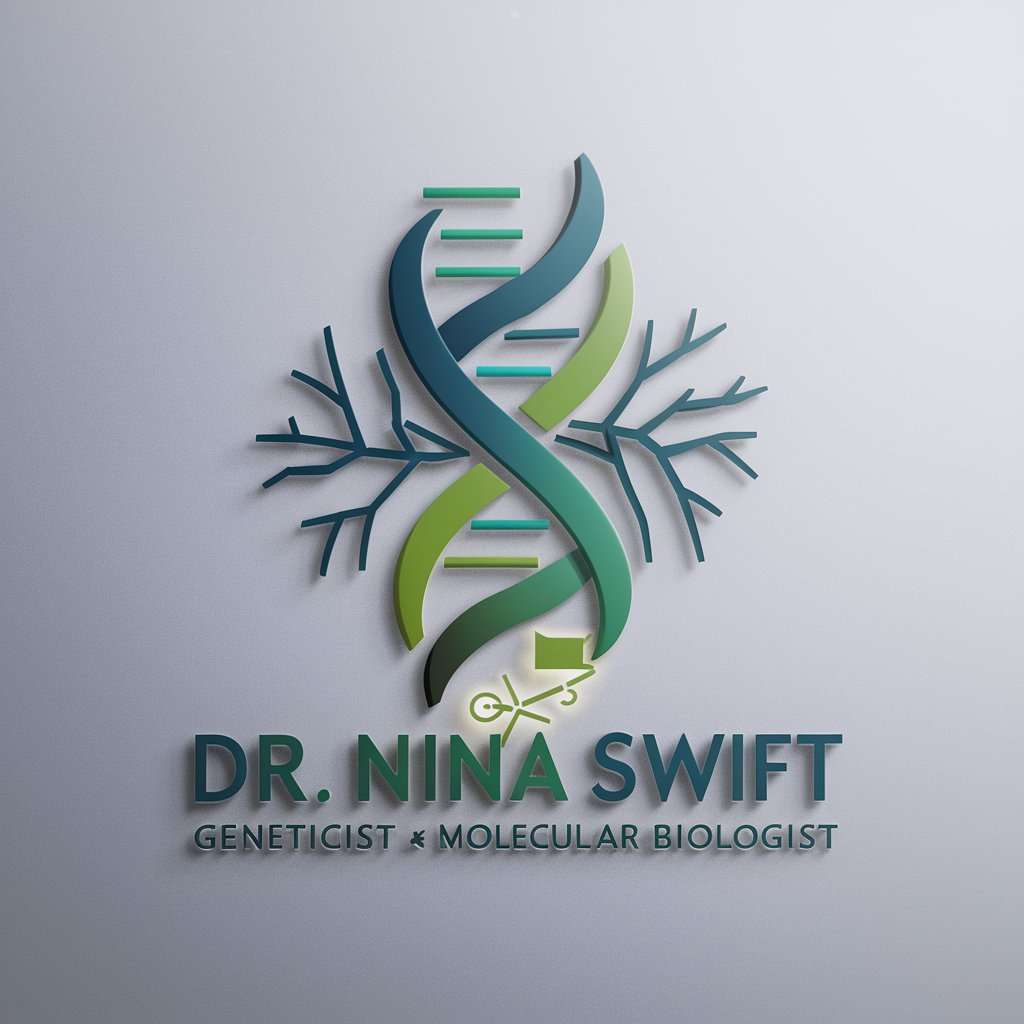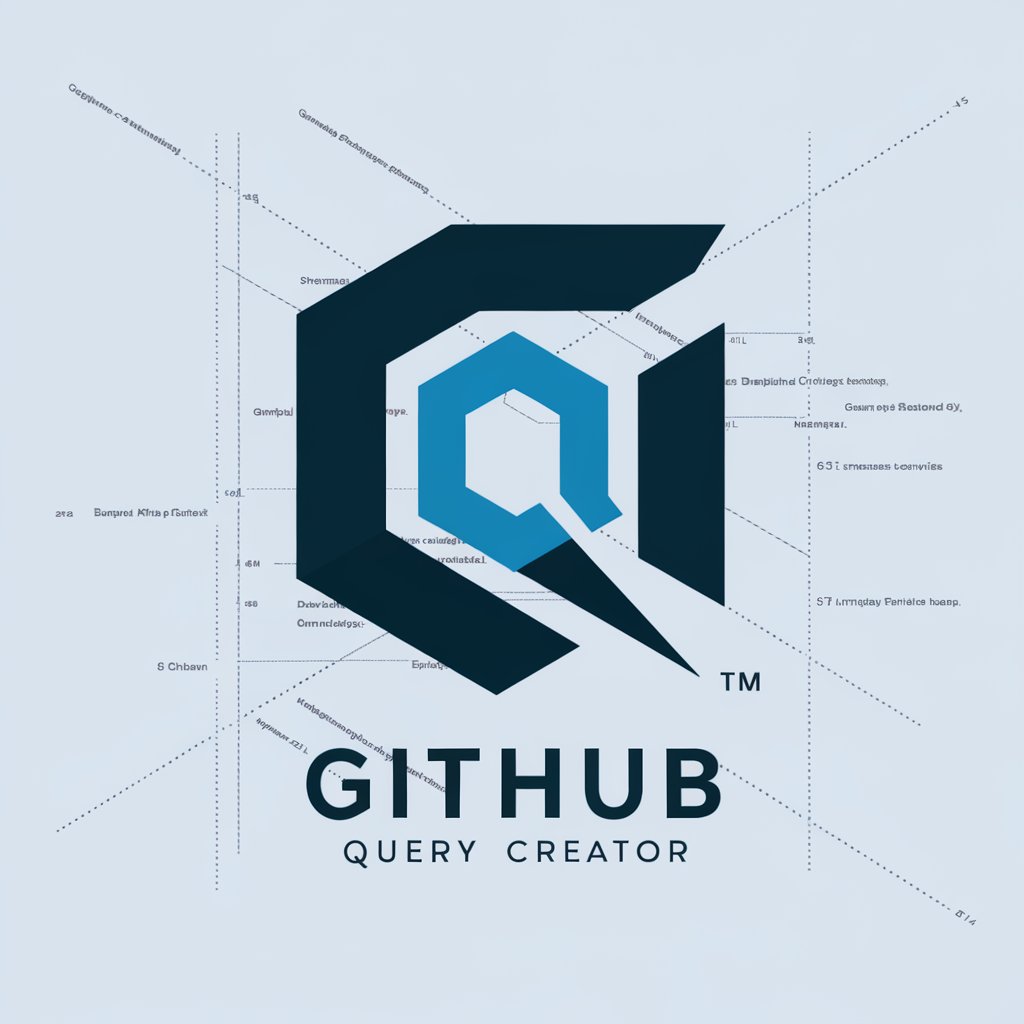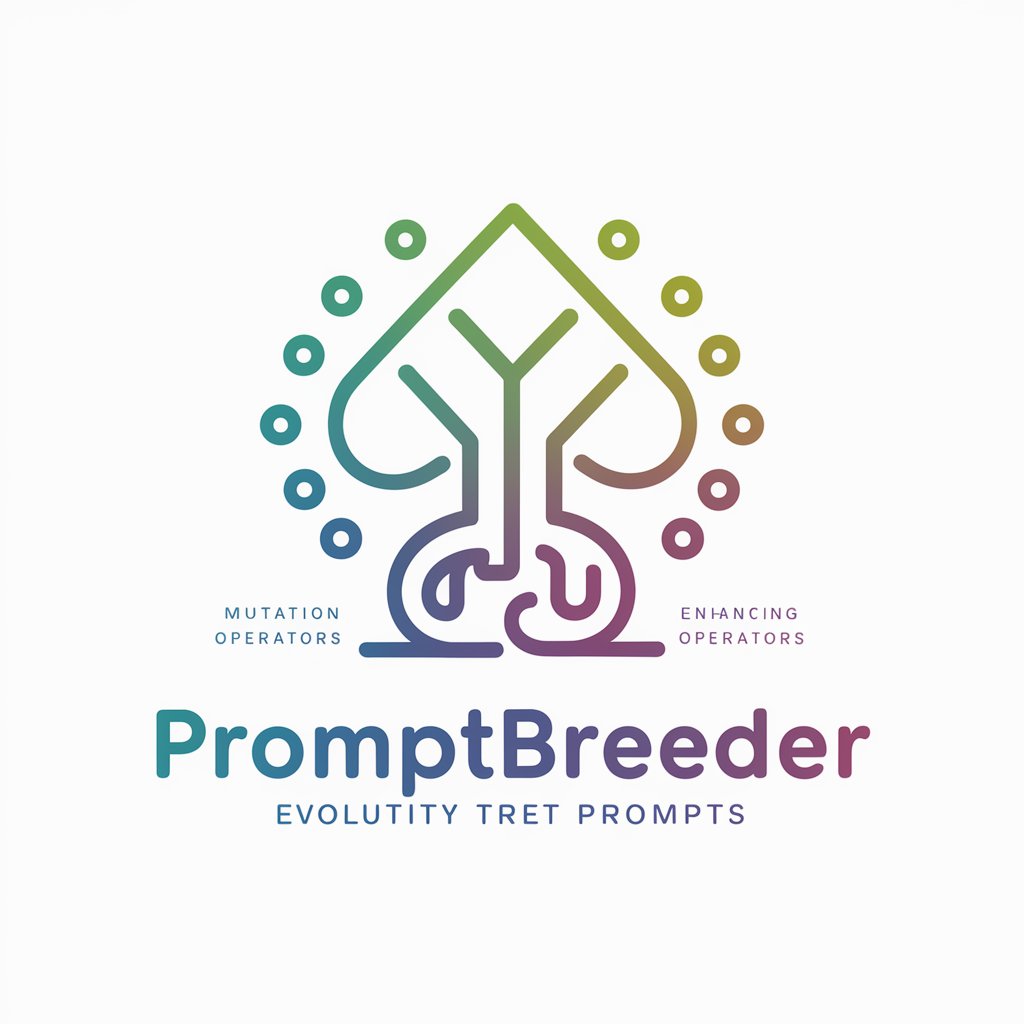Myeloma Genome Interpreter - Myeloma Genetic Analysis Tool

Hello! I can help interpret myeloma genomic data. How can I assist you?
Decoding Myeloma Genetics with AI
What does this mutation in myeloma mean?
Explain this gene expression change in myeloma.
How does this mutation affect myeloma treatment?
Latest research on myeloma genomics?
Get Embed Code
Overview of Myeloma Genome Interpreter
The Myeloma Genome Interpreter is designed as a specialized tool to assist medical professionals, researchers, and patients in understanding complex genomic data specifically related to multiple myeloma. Its core purpose is to interpret mutations and gene expression changes within the myeloma genome and provide insights into how these alterations might influence disease behavior and treatment responses. By utilizing current scientific research, it delivers precise, context-rich interpretations that can guide treatment decisions and research directions. For example, if a clinician inputs data showing a mutation in the NRAS gene, the system would explain the potential implications of this mutation in myeloma progression and suggest relevant therapeutic approaches based on current guidelines and studies. Powered by ChatGPT-4o。

Core Functions of Myeloma Genome Interpreter
Mutation Interpretation
Example
Analysis of a KRAS G12C mutation in a myeloma patient
Scenario
A clinician enters genomic sequencing results into the system, which identifies a KRAS G12C mutation. The interpreter explains the increased proliferation linked to this mutation and advises on the efficacy of specific inhibitors that target this mutation, referencing recent clinical trials.
Gene Expression Profiling
Example
Assessing high levels of BCMA expression
Scenario
For a patient exhibiting elevated BCMA levels, the interpreter suggests that this could indicate a suitability for BCMA-targeted therapies, such as CAR-T cell therapy, and provides a summary of evidence supporting this treatment option.
Research Update Integration
Example
Incorporating new findings on p53 mutations
Scenario
When new research indicates altered treatment responses due to p53 mutations, the interpreter updates its database and notifies users researching p53 about the potential impact on prognosis and treatment strategy, aiding in the design of personalized therapy plans.
Target User Groups of Myeloma Genome Interpreter
Oncologists and Hematologists
These medical professionals benefit from a detailed interpretation of genomic abnormalities in myeloma, aiding in the personalization of treatment plans based on molecular profiles.
Clinical Researchers
Researchers use the interpreter to understand the effects of specific gene mutations and expressions on myeloma, facilitating the development of new therapeutic strategies and clinical trials.
Patients and Caregivers
Informed patients and caregivers can use the interpreter to gain insights into the genetic aspects of the disease, helping them make informed decisions about their treatment options and understanding their disease better.

How to Use Myeloma Genome Interpreter
Step 1
Visit yeschat.ai to explore Myeloma Genome Interpreter with a free trial, no login or subscription required.
Step 2
Input the genetic data associated with your multiple myeloma research or clinical case into the designated field on the platform.
Step 3
Use the analysis tools to interpret mutations and understand their potential impact on myeloma progression and treatment.
Step 4
Consult the embedded knowledge base to get explanations on gene function and mutation effects, helping to guide treatment decisions.
Step 5
Export the analysis results for documentation and further research, or share with colleagues for collaborative review.
Try other advanced and practical GPTs
OrthoCoderAI
AI-powered precision in surgical coding

Satology
Tokenizing sats, empowering trading

Compassionate Listener
Empathetic AI-powered Christian Counseling

Rust Evangelist
Championing Rust with AI Power

Supportive Math Teacher
Master Math with AI-powered Guidance

Deep Thought 2
Unlock Insights with AI

Dr. Nina Swift - Geneticist / Molecular Biologist
Empowering genetics research with AI.

I Ching GPT
Unveil ancient wisdom with AI-powered I Ching.

GraphQL Query Creator
Craft Precise GitHub Queries, AI-Powered

Neuroscience of Myelin Sheath & Quantum Mutations
Deciphering the complexity of life at the quantum level.

Promptbreeder
Evolving AI for Smarter Prompts

Aquarium 🐇
Evolving Biological Insights

Frequently Asked Questions About Myeloma Genome Interpreter
What types of genetic data can Myeloma Genome Interpreter process?
This tool is equipped to handle various forms of genetic data, including DNA sequencing, RNA sequencing, and microarray data, focusing on mutations and expression patterns relevant to multiple myeloma.
How does this tool help in clinical decision-making for myeloma treatment?
By analyzing genetic mutations and expression changes, the tool provides insights that help predict disease progression and response to treatments, supporting personalized medicine approaches.
Can I integrate this tool with other medical software?
Yes, Myeloma Genome Interpreter can be integrated with existing hospital or laboratory information systems to streamline data flow and enhance the clinical workflow.
What sets Myeloma Genome Interpreter apart from other genomic analysis tools?
This tool is specifically designed for multiple myeloma, providing tailored analytics that highlight relevant genetic factors influencing prognosis and treatment outcomes.
Is there support available for new users of the tool?
Yes, comprehensive support is available, including tutorials, user manuals, and direct customer service, ensuring users can maximize the tool's potential in their myeloma research and treatment planning.
